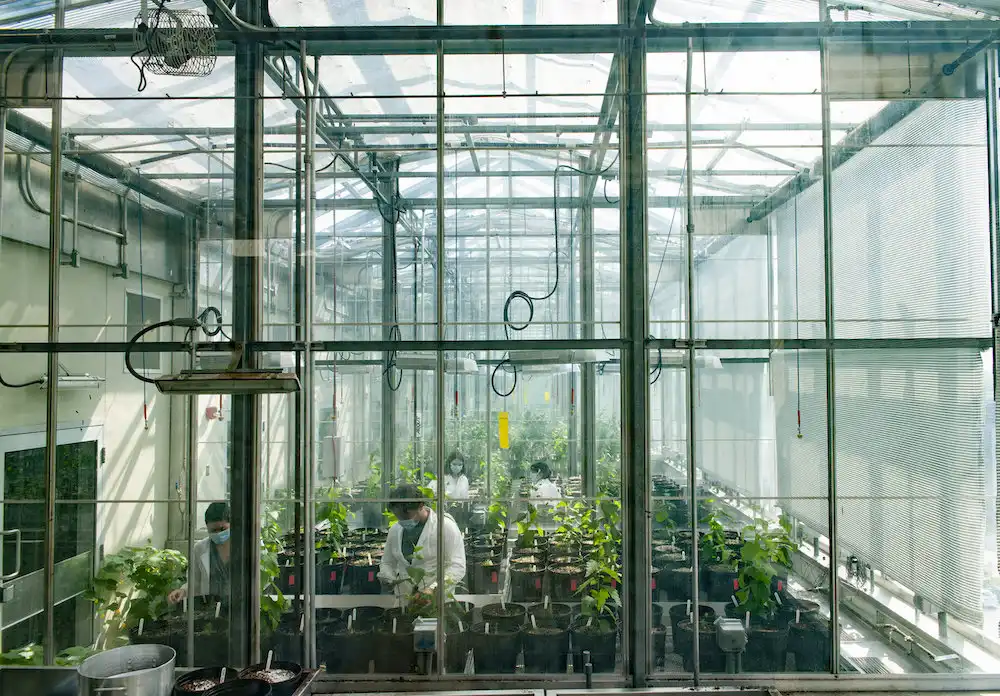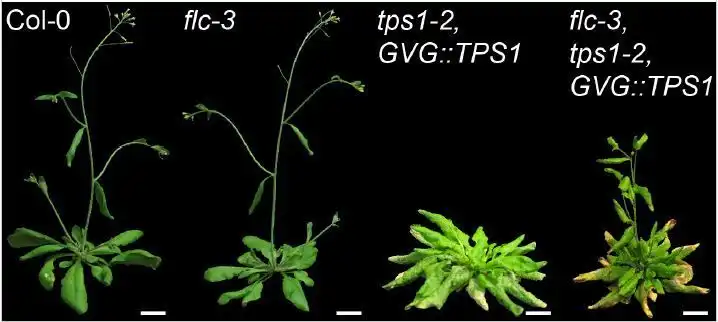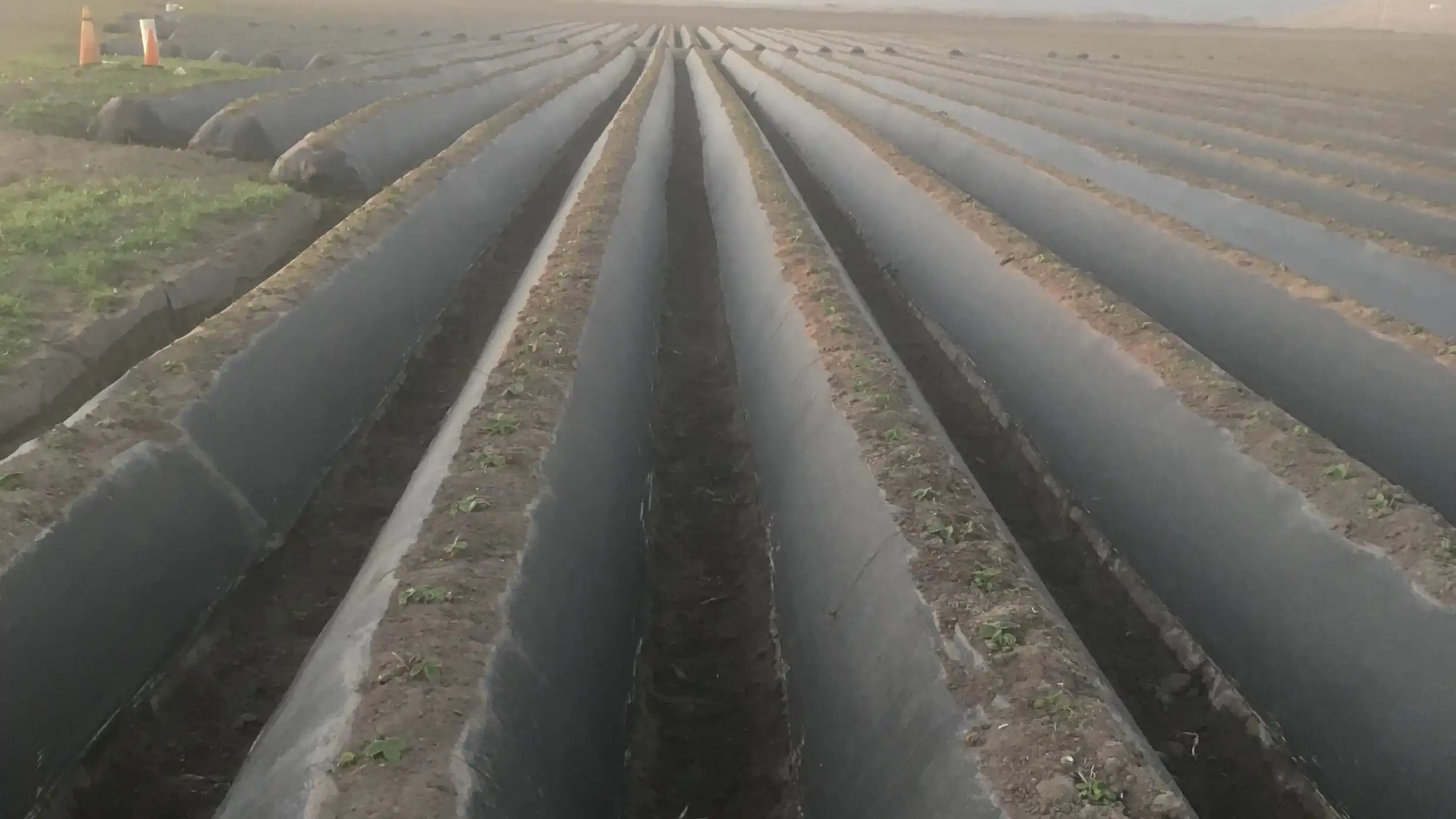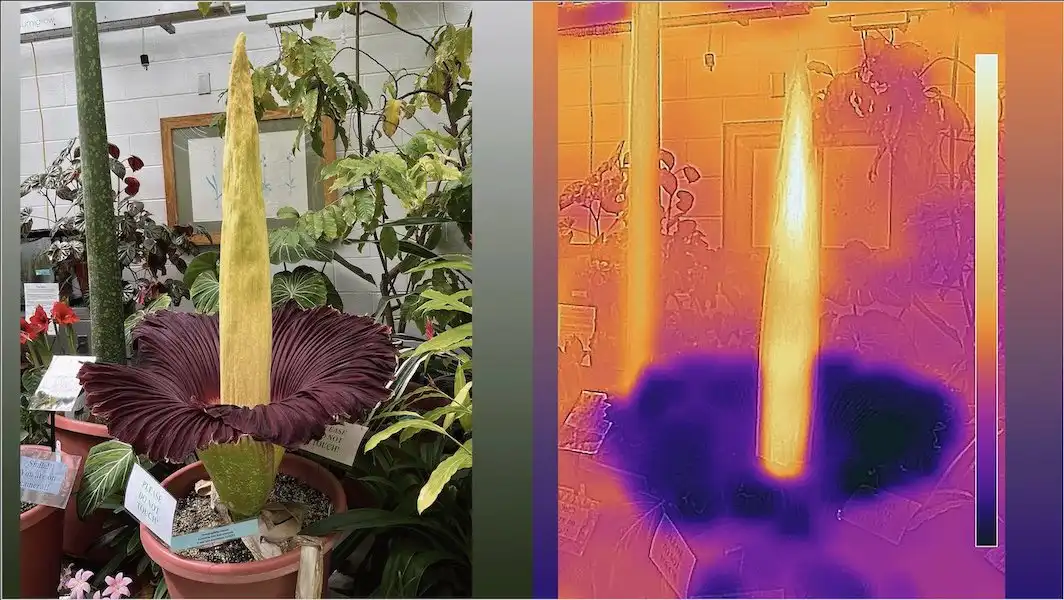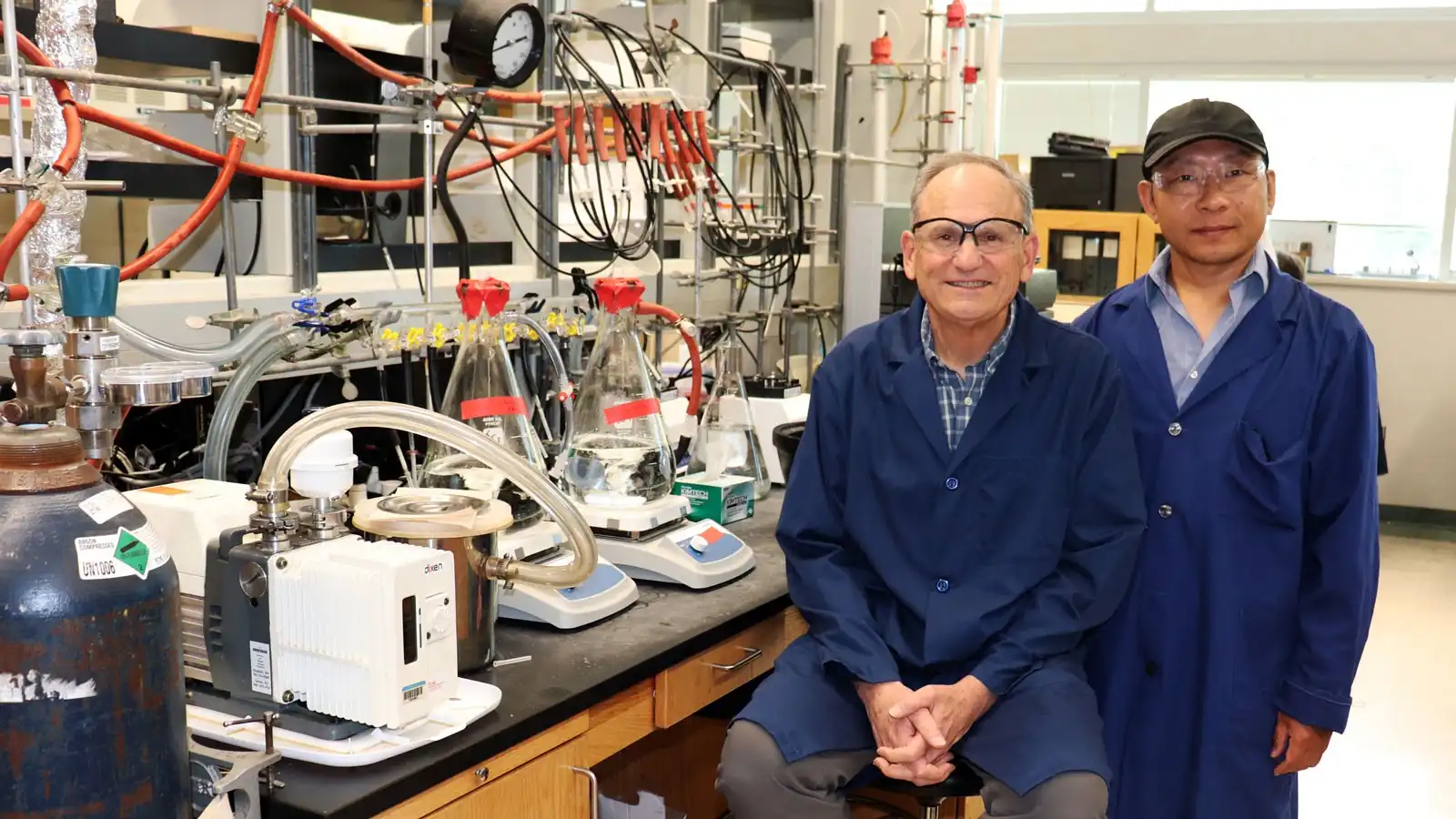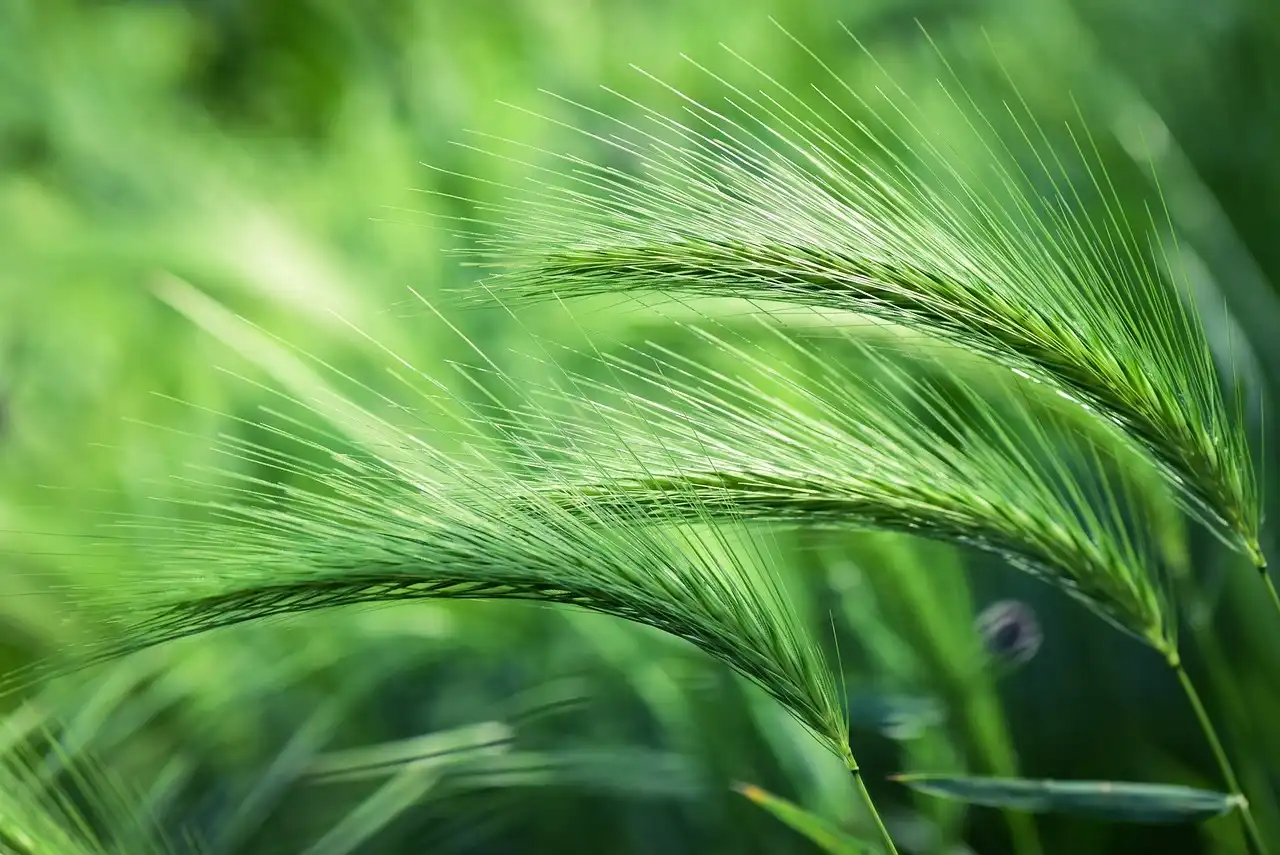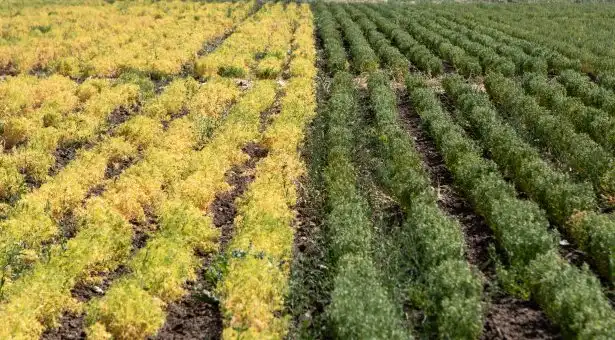
Researchers have created the first single-cell gene expression map of Prunus mume petals. Using advanced RNA sequencing, they identified six cell types driving floral scent production, pinpointing key genes like PmBAHD3. This breakthrough enhances understanding of fragrance biosynthesis, offering potential for breeding aromatic plants and innovating in horticulture and perfumery.


